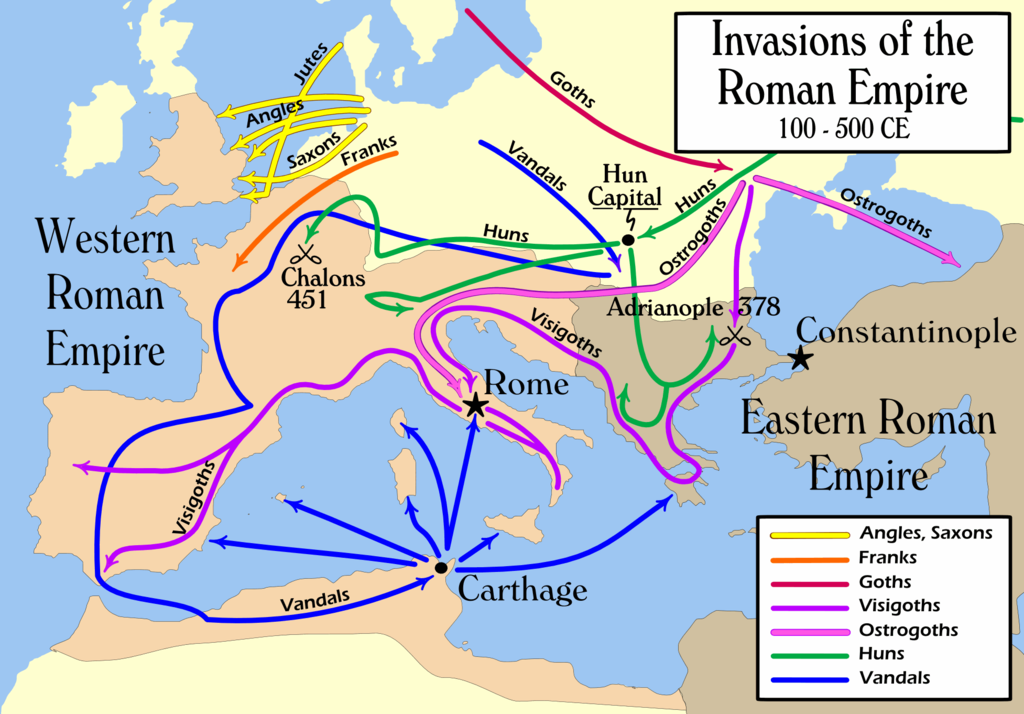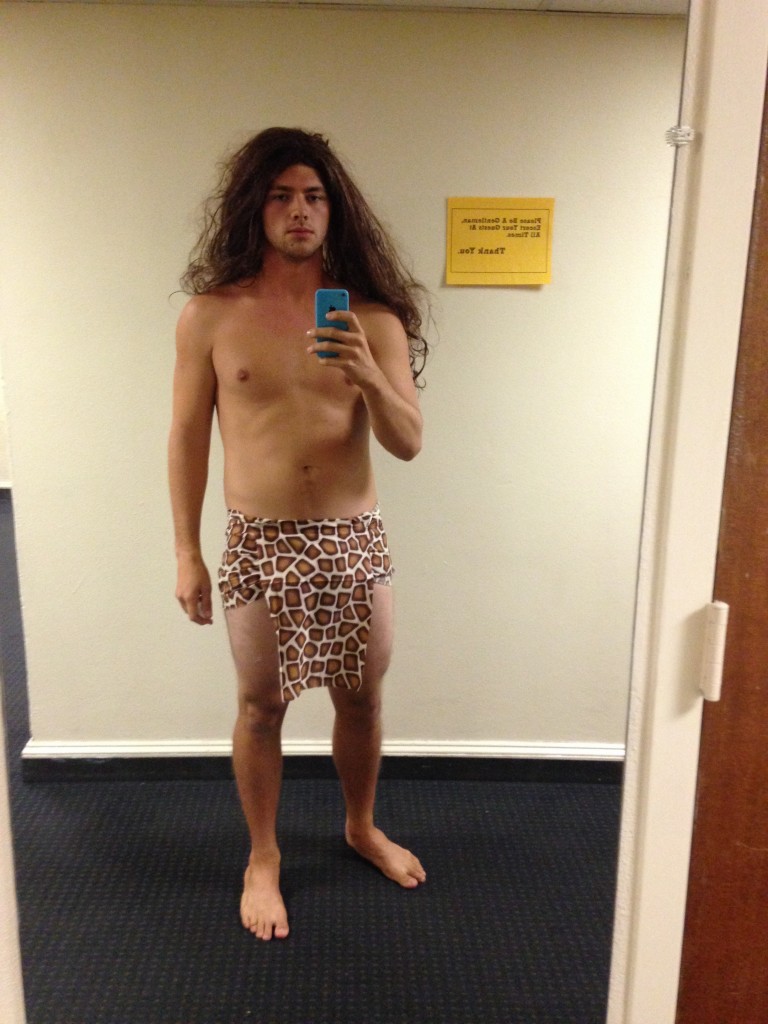After a hectic and unconventional election season with many unexpected twists and turns, the nation is gearing up to watch the first presidential primary on Monday. This highly anticipated debate will give voters a chance to get a better feel for the two candidates with some of the lowest likeability ratings ever recorded. Many people will watch the debates with no intention of voting for either candidate, but simply because they are curious to see how the election will continue to play out. Even so, the debate we will watch on Monday not will not give us the answers we are looking for.Despite the public’s strong opposition to the candidates, both sides’ parties
Despite the public’s strong opposition to the candidates, both sides’ parties continue to release fear-mongering statements about the importance of winning the election, even going as far as to say that this is the most important election and if the other side wins then there will not be another election. The media continues to frame the election in terms of black and white, overemphasizing issues like Clinton’s health and Trump’s donors when in reality there are substantive problems with the candidate’s policies. Trump will not give an explanation for how he is going to make Mexico pay for the wall and Clinton will not give an explanation for her email scandals. The candidates will not be asked why they have both changed parties and opinions on major issues like abortion and gay marriage. They will find ways to dodge questions about the policy changes made in the last few months of their campaign, which greatly alter their platforms.
Instead, the point of the debate will be for the two candidates to attack and demonize one another in order to scare voters into voting for their party. The election is based around attention grabbing headlines and potential scandals on both sides of the race, shifting the focus from who is the candidate that will do the most good for the country to who is the lesser of two evils. As American people, we deserve better. We deserve to compare candidates on issues of policy and cast a vote for the person who we believe best reflects our beliefs. We deserve to see a debate stage that represents more than just two parties, after all, elections are not binary choices. We deserve to get full and unbiased coverage from the media throughout the election cycle. We also deserve to have this question answered: without mentioning your opponent’s name, why should the American people vote for you?
These things will only change if we make an effort to get involved and see that they change, and this starts with being politically aware. When you watch the debate (which you should even if you despise the candidates because one of them is our next president), think of the issues you want to know more about and research them. Think of the questions you want to be answered and call your representatives and ask them.
The debate will begin at 8 pm CST on CNN and other major news networks.
Brittany Gamlen is a junior majoring in international studies.













